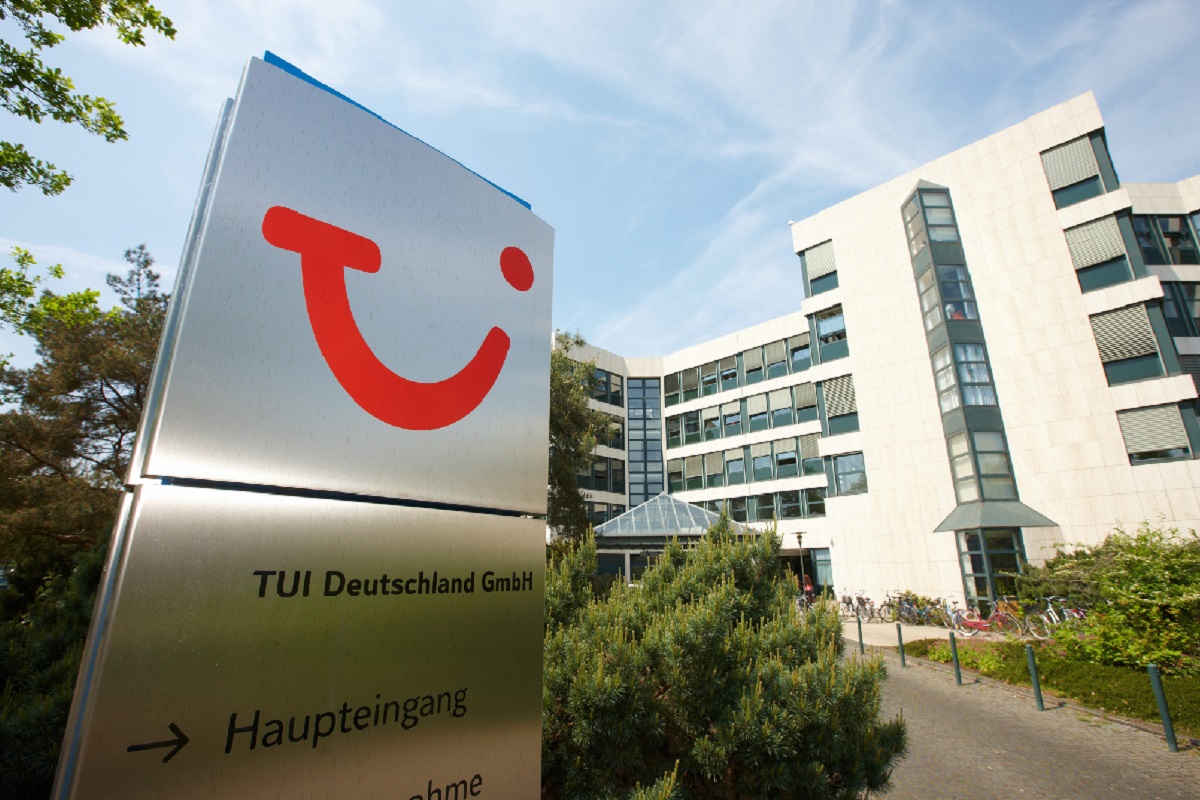TUI Doubles Down on Flexible Tour Packages to Help Reverse Losses

Skift Take
TUI's winter bookings might have been lackluster, but early summer bookings for the world's largest tour operator have picked up, as the company plans to focus on giving more flexibility to travelers in booking flights, hotels and activities individually, in addition to its wholesale packaged tours, to grow its customer base in underrepresented markets.
This is according to Sebastian Ebel, chairman and CEO of the TUI Group executive board, who delivered the company's 2023 first quarter interim results update on Tuesday.
The first quarter saw 3.3 million customers, compared with 2.3 million in the previous 2022 period, while early bookings for 2023 winter and summer seasons sit at 8.7 million. Ebel said this shows its customer base's appetite remains largely unaffected by the global inflationary conditions.
The company is seeing a 6 percent increase in pricing for its summer offerings, considerably lower than the 29 percent seen in its winter offering.
"The 6 percent would not be enough to cover the price increases," Ebel said, "but they would be very close to it. And what we have seen in the last weeks gives us the confidence that prices have become even stronger than they had been before."
TUI is still showing losses. But Ebel detailed how the group had managed to half its earnings before interest, taxes, depreciation, and amortization losses compared to the previous year, from $294 million to $164 million.
The company reportedly lost market share as the leading U.K. tour operator and needs to repay a mountain of state debt to the re-estimated tune of $966 million, yet remains cautiously optimistic about the year ahead.
Full-year market expectations are for $1 billion underlying EBIT. Mathias Kiep, TUI's chief financial officer, declined to comment on this forecast just ahead of the company's annual general meeting on Tuesday that follows the earnings presentation.
Emphasis on Enlarging Customer Portfolio
Ebel admitted the company needed to focus on flexibility in booking components like flights, hotels and activities in its underrepresented markets to remain competitive. TUI recently launched dynamic packaging in Germany, which allows booking components to be unbundled. This is in addition to a new tours platform in Belgium, with more rollouts of flexible product options in other markets expected to continue throughout 2023.
"We are now bringing recommendation-only products to the market, flight-only products to the market, and of course, everything around Musement with the activity and transfer business. So overall, by enlarging the product portfolio, we can bring more customers, more products to our existing customers, but we are also targeting to getting new customers," he added.
Increase in Flexibility and Growth in App Bookings
Musement and its tour operators' customer base continued to perform well in bringing new customers into the TUI fold as did the company's app. Ebel said the tours and activities space remained essential to extend the TUI brand and get new customers into the system.
The company has seen a significant increase in bookings via the app, from 3.3 percent in the first quarter of last year to 4.8 percent, as its customer communication and direct engagement on the platform remained valuable. Bookable add-on products, especially for hotels, would also be expanded on the app in the year ahead.
Competitor Growth
When pressed about TUI losing its dominance in the U.K. to Jet2 Holidays, Ebel said it was expected they would fill the void left by Thomas Cook. He further stated the company's expansion into dynamic packaging would add to its competitiveness "with limited IT investments and the ability to stay on the same cost structure."
"That's why Germany is so successful. We increased the product portfolio. So customers find products they haven't found with us, which doesn't mean that we want to sell the hotel next to the Rio hotel, but we want to gain our market share in Paris, in Amsterdam, in Miami, so where we have not been strong.
"I mean you can imagine that with my soccer background, a draw is never a good result, or sometimes it is a good result, but it's not the result you would like to see. And therefore, winning is important. The management has built a strong plan. We are executing the plan, and we are very positive about the outcome."
2030 Sustainability Targets
Ebel said the company had released its science-based targets for 2030 and would continue to put sustainability at the heart of what TUI does.
Its 2030 emission reduction targets included a 24 percent reduction for TUI Airline, at least 46.2 percent for hotels and 27.5 percent for cruise.
"It's a change of attitude and a change of methodology. A good example is we will open our new office building in summer here in Hanover, where we move from three locations. We have put solar panels everywhere and we will be carbon neutral. The payback of such an investment is two and a half to three years.
"So it's a great investment. It's the same on the hotel side. It's more complex because every hotel is different. So it's a lot of work, but the returns are very attractive in time period from three to five years."
Vote on Capital Raise
Kiep also confirmed the company would be voting on a capital raise to repay the government's Economic Stabilization Fund at its annual general meeting on Tuesday, which had been recalculated from some $775 million to just short of $1 billion. The due process could take some time, but the company would proceed with the raise under the right market conditions, to be completed before the end of 2023.
TUI's results covered the period from 1 October to 31 December, 2022 with reported first-quarter revenue of $4.08 billion, up $1.5 billion on the prior year (first quarter 2022: $2.57 billion) and exceeding the company's pre-pandemic levels in first quarter of 2019 of $4 billion.




